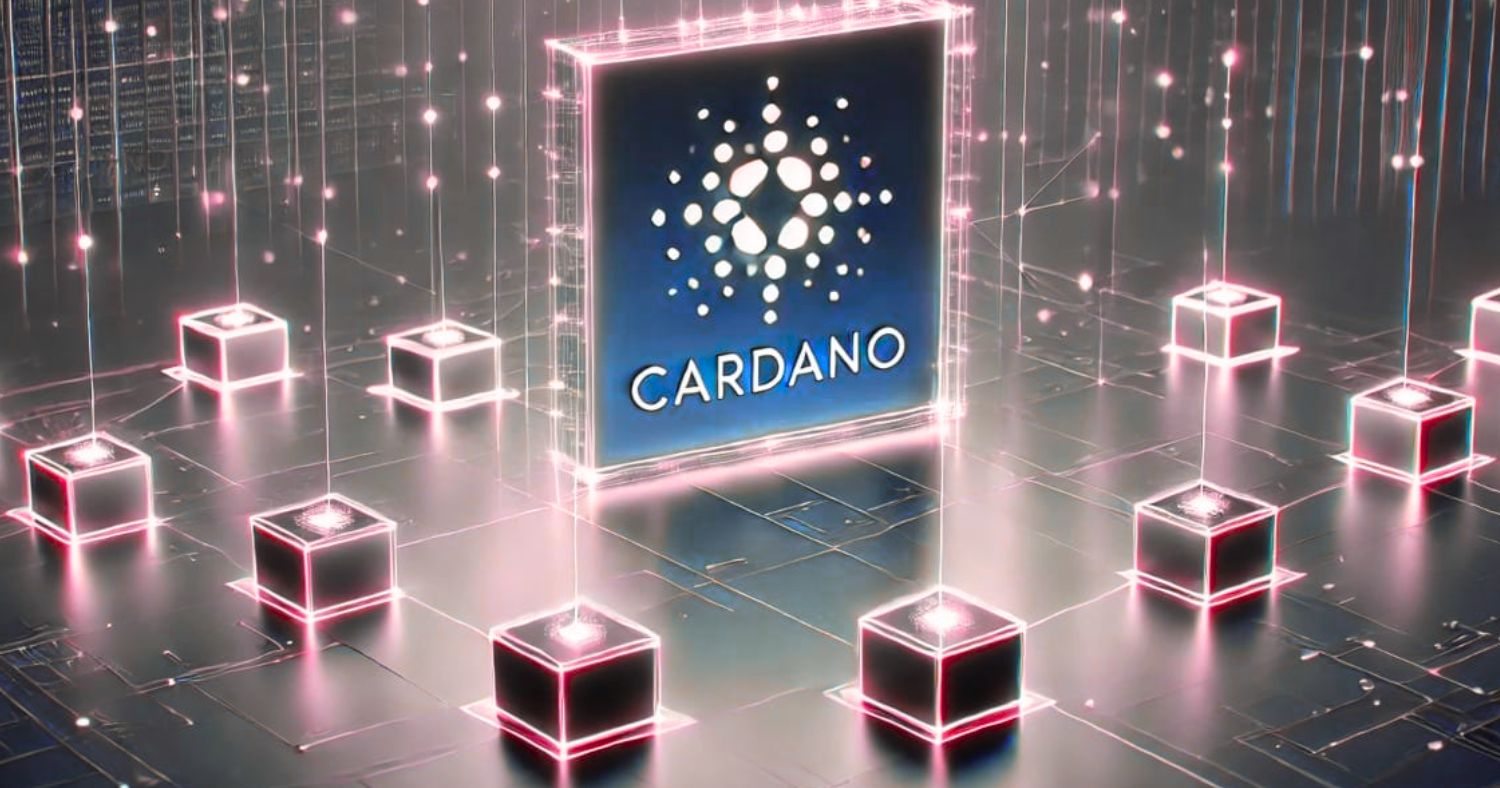The Cardano blockchain, known for its research-driven approach to development, has successfully secured a significant treasury allocation of $71 million, earmarked for an array of pivotal network upgrades. The funding, greenlit by a recent community governance vote, marks a crucial milestone for the platform, although the process itself has been met with both widespread optimism and pointed criticism from within the ecosystem.
The approval, which saw 73,93% of participating token holders vote in favor, underscores the network’s commitment to decentralized decision-making. This landmark vote empowers Input | Output Engineering (IOE), the blockchain’s core development firm, to proceed with enhancements aimed at bolstering Cardano’s performance, scalability, interoperability, and overall decentralization. According to IOE, the voting period, initially slated from July 18 to August 18, concluded prematurely after swiftly accumulating sufficient support from 3,76 mil millones (3.76 billion) ADA in voting power. Only 23,86 millones (23.86 million) ADA opposed the measure, while 7,49 mil millones (7.49 billion) ADA abstained.
Tim Harrison, Executive Vice President of Community & Ecosystem at Input | Output, emphasized the unprecedented nature of this event, noting it as the first instance where the Cardano community has directly funded projects on the network’s development roadmap. He described the outcome as a testament to the community’s shared commitment to the blockchain’s future.
The approved $71 million budget is poised to accelerate several key initiatives designed to enhance the Cardano protocol. Among the high-priority projects are:
- Ouroboros Leios: A new consensus protocol aimed at delivering faster and more cost-effective transactions.
- Hydra: A Layer-2 scaling solution intended to significantly increase transaction throughput and improve cost efficiency, crucial for expanding the network’s capacity.
- Mithril Enhancements: Improvements to a stake-based multi-signature system that provides certified snapshots of the blockchain state, offering quick access to the Cardano chain.
- Nested Transactions: A fundamental change to the ledger design enabling a specific form of transaction batching, paving the way for more sophisticated smart contracts and enhanced interoperability.
- Project Acropolis: A modular re-architecture of the Cardano node, designed to offer greater flexibility and ease the onboarding process for new core developers.
- Performance Optimizations: Efforts focused on reducing synchronization times, lowering RAM usage, and decreasing operational costs for stake pool operators.
Despite the successful vote and the promising roadmap, the funding initiative has not escaped community dissent. Critics have voiced concerns regarding the perceived lack of granular detail in the proposals. Specifically, many pointed out the absence of a comprehensive Program of Works (POW) for each project, which would typically outline specific tasks, timelines, resources, and dependencies. Furthermore, some community members expressed frustration that all proposed initiatives were bundled into a single governance proposal, effectively preventing voters from individually endorsing or rejecting specific projects. This “all-or-nothing” approach limited the nuanced participation of token holders, sparking debate over the true spirit of decentralized governance.
As Cardano moves forward with these ambitious upgrades, the outcome of this vote underscores the delicate balance between rapid technological advancement and thorough, transparent decentralized governance. The coming months will be critical in demonstrating how IOE addresses the community’s concerns while delivering on its promise of a more robust and efficient blockchain platform.
You might be interested in:






